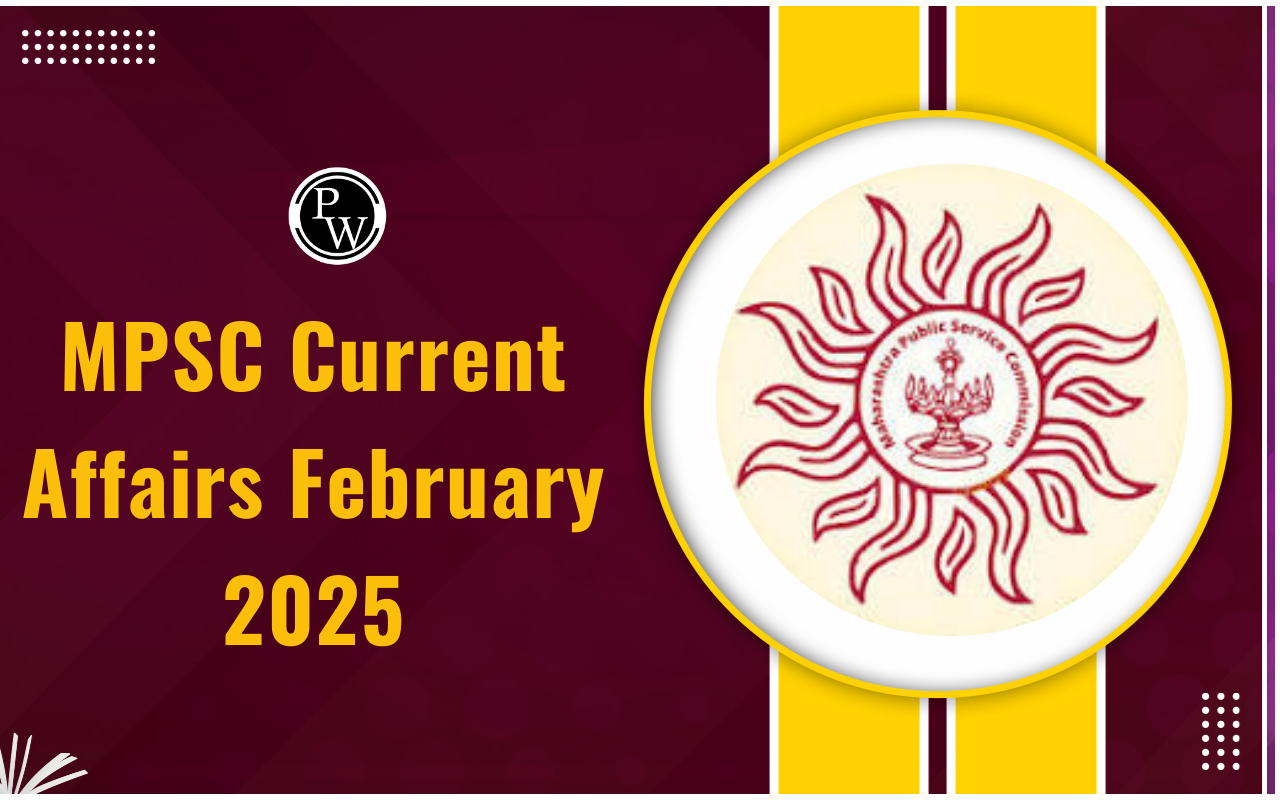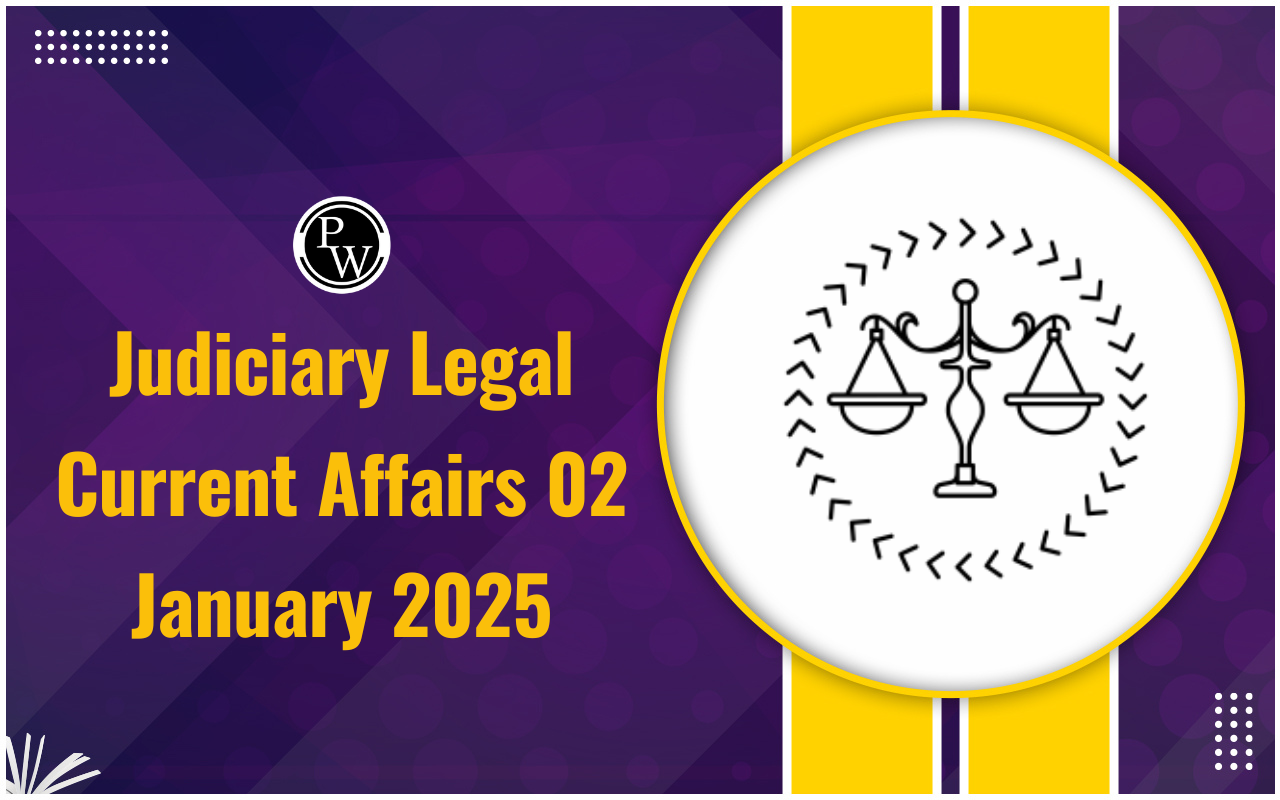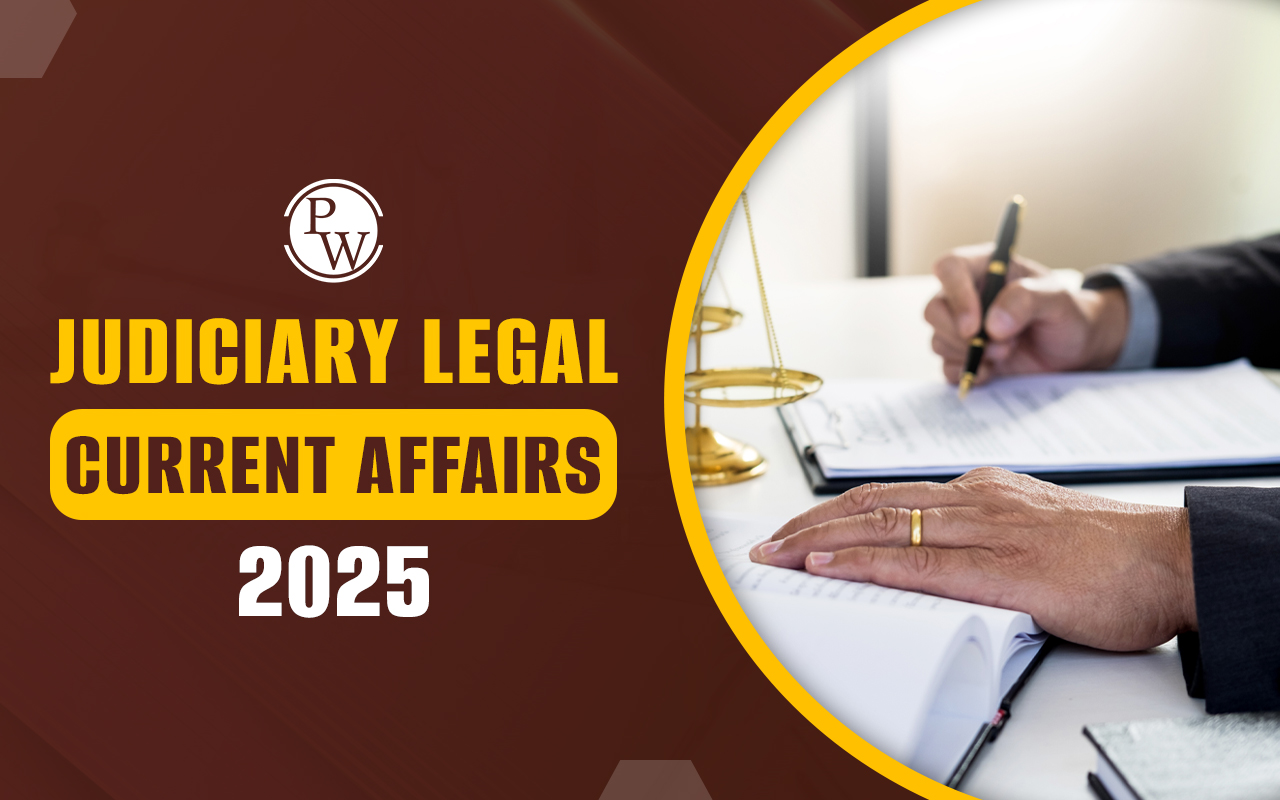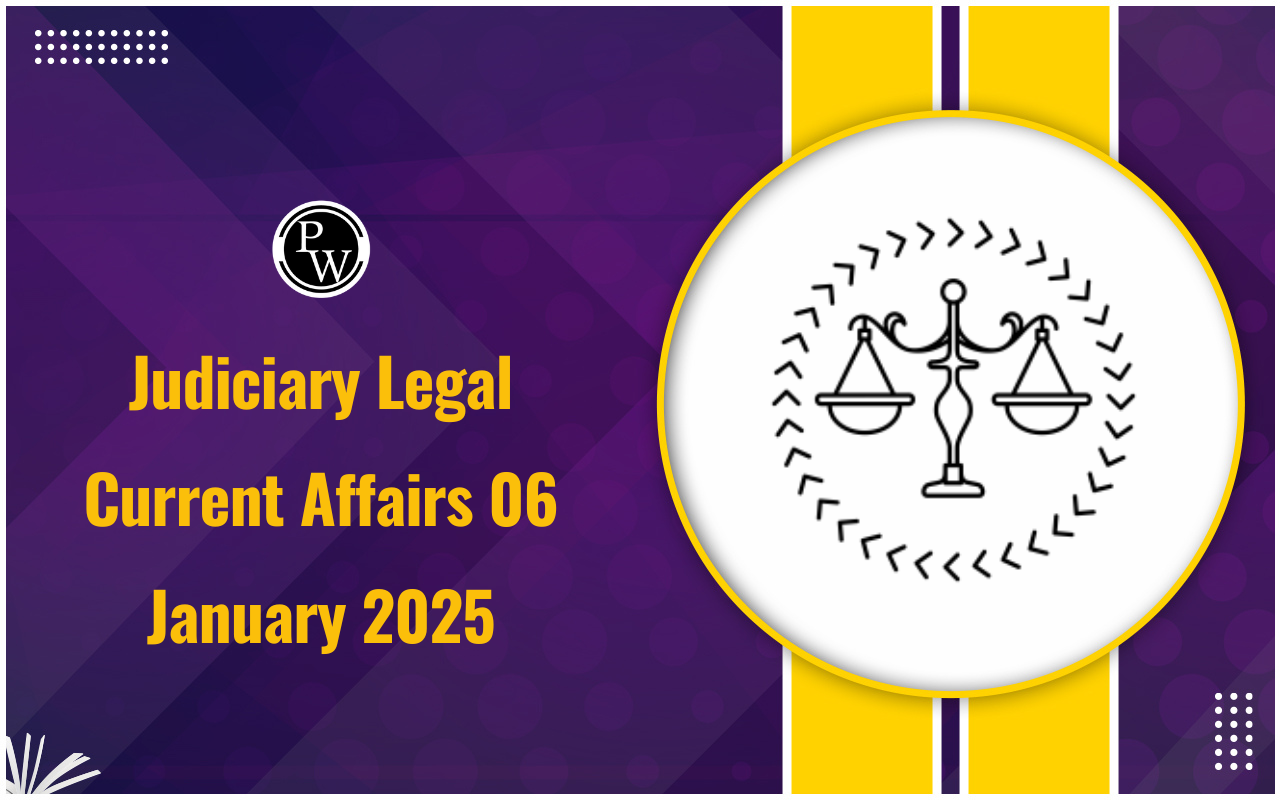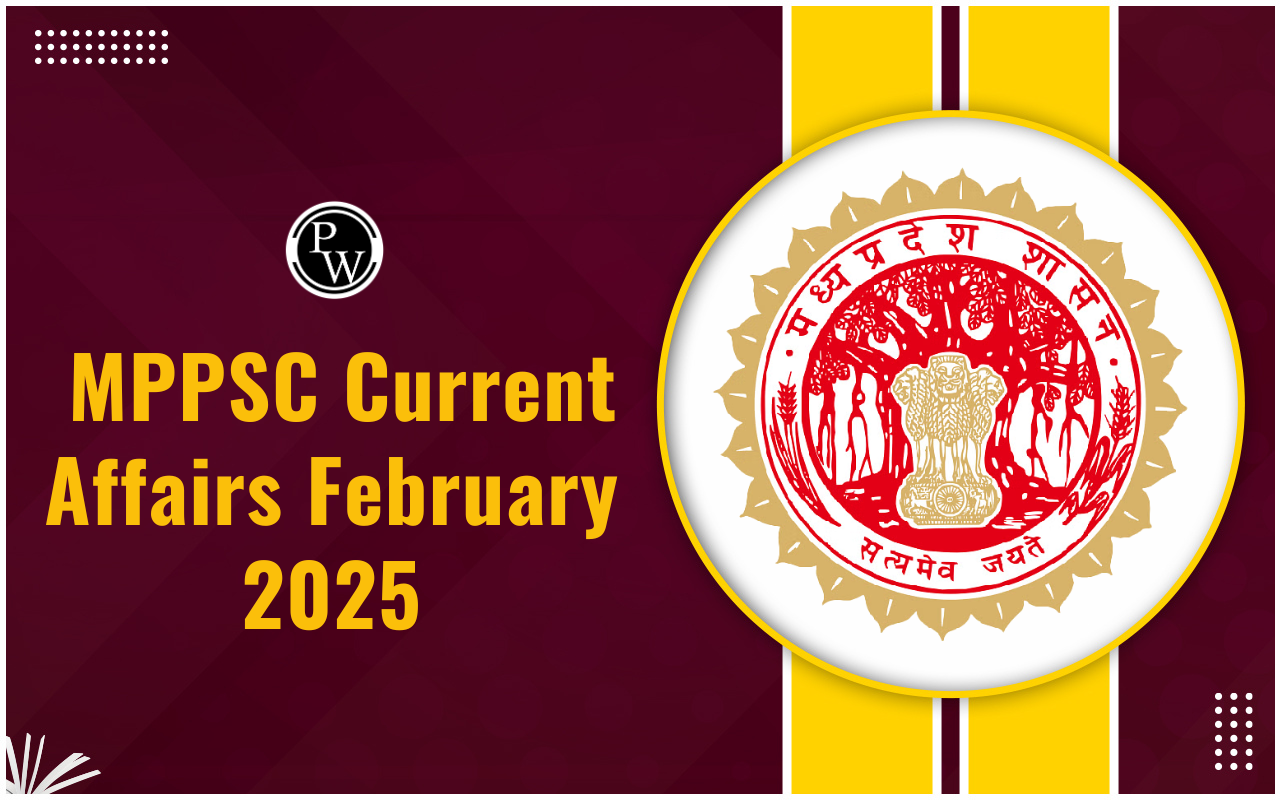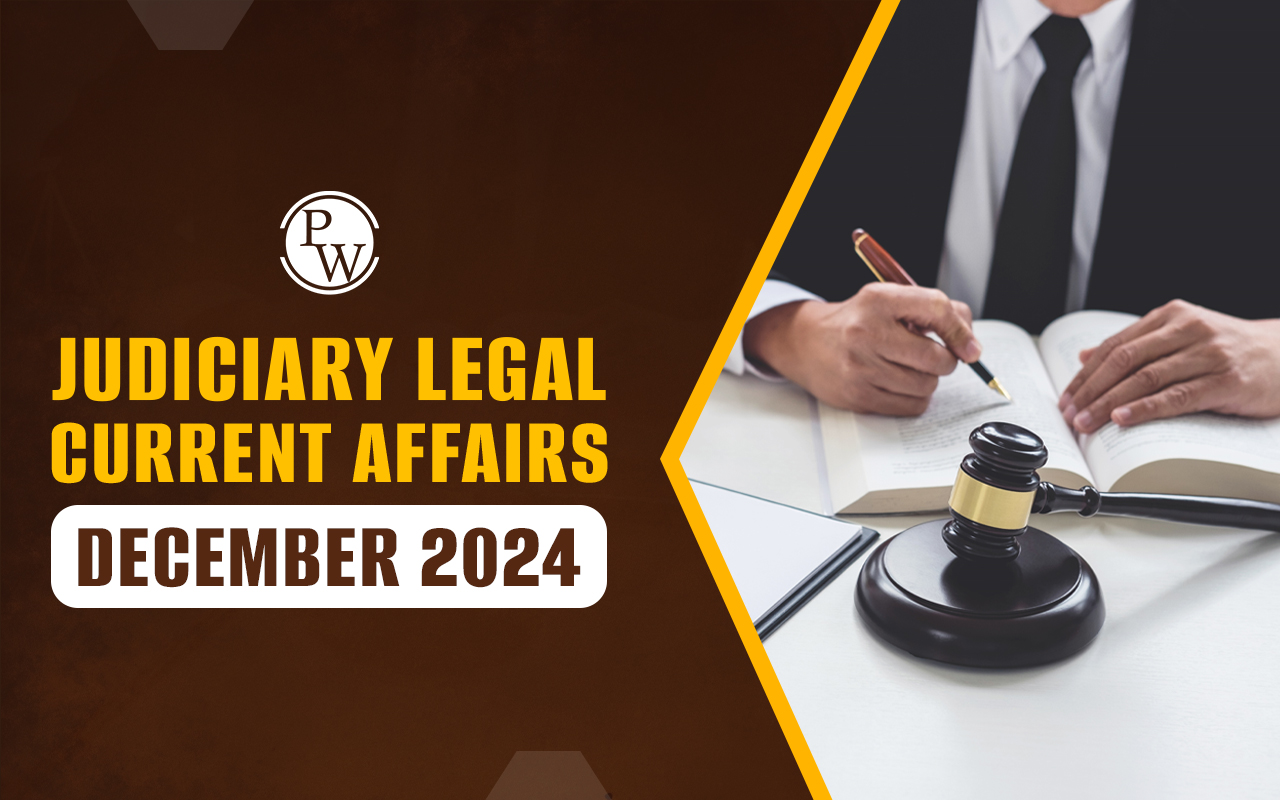
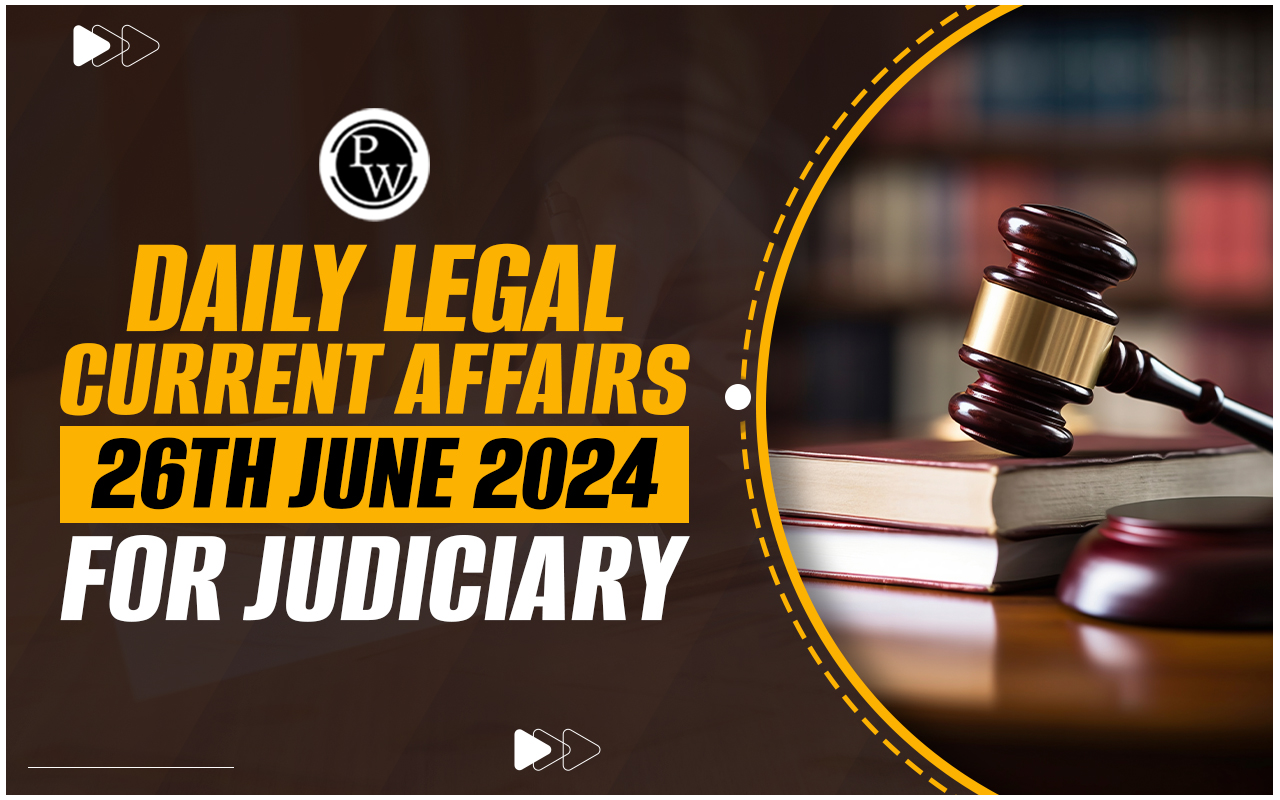
SATYENDAR KUMAR JAIN v. DIRECTORATE OF ENFORCEMENT
-
- BENCH : Justices Manoj Misra and SVN Bhatti
- FORUM : Supreme Court of India
- OBSERVATIONS
- Observing that bail applications are not to be unnecessarily adjourned, the Supreme Court expressed the hope that the Delhi High Court would decide the default bail plea of Aam Aadmi Party (AAP) leader Satyendar Jain without delay.
- A Vacation Bench of Justices Manoj Misra and SVN Bhatti was hearing Jain's challenge against the Delhi High Court's order dated May 28 that adjourned his default bail plea to July 09, 2024, while issuing notice.
- At the outset, the bench asked Senior Advocate Dr AM Singhvi, appearing for Jain, about the impugned order. Singhvi agreed that what was under challenge was essentially an order of adjournment. However, he stated that the High Court could not have given a long adjournment of six weeks.
- He submitted that there was a substantial point of law arising in the matter - whether an incomplete chargesheet can be filed by the investigating agency to defeat the right of default bail. He apprised the bench that the same issue is under consideration before a three-judge bench of the Supreme Court and requested that Jain's petition be tagged along with those petitions.
- At this juncture, Justice Misra said that since a three-judge bench is considering the point of law, it may not be appropriate for the present two-judge bench to deal with the issue. Justice Mishra suggested that the petitioner wait for the final decision of the High Court. "This issue is under consideration before a three-judge bench because the three-judge bench will examine the issue we cannot enter into the merits. So far as your case is concerned let the HC decide the same," Justice Misra said, adding that ultimately an order of adjournment was under challenge.
- The bench disposed of the petition by passing the following order : "This petition is against an order of the Delhi High Court adjourning the hearing of the bail application to 09.07.2024. Mr. Singhvi submits that the question of law which would govern the decision of the High Court is engaging the attention of a 3-judge bench of this Court and therefore it is appropriate that this matter is tagged with that matter. We do not find any merit in the submission because the High Court will decide the matter on its own merits and if the petitioner is aggrieved with the High Court's order, he can challenge it.
- At this stage, Mr. Singhvi submits that this Court observes that the High Court decides the matter on the date fixed. It goes without saying that bail prayers are not unnecessarily adjourned and thus we hope and trust that the High Court takes a call in the matter when it is listed next." Jain was arrested by the Enforcement Directorate (ED) on May 30, 2022 under the charges of money laundering under the Prevention of Money Laundering Act.
- He, along with others, was accused of laundering money through three companies during 2010-12 and 2015-16. Last year, in April, his earlier bail application was denied by the Delhi High Court on the ground that he was an influential person and had the potential to tamper with evidence. He remained in custody until a vacation bench of the Supreme Court comprising Justices JK Maheshwari and PS Narasimha granted him interim bail on health grounds on May 26 last year, which was extended on a number of occasions. However, recently, in March this year, the Top Court, while refusing to grant him bail, also cancelled his interim bail and asked him to surrender forthwith. This order was delivered by a bench of Justices Bela M Trivedi and Pankaj Mithal.
KUNDAN KUMAR V. STATE OF JHARKHAND
-
- BENCH : Justices Rajesh Bindal and Prasanna B Varale
- FORUM : Supreme Court of India
- FACTS
- The allegation against the Petitioner/Personnel is about using a forged medical certificate to enter in service of the Armed Forces.
- However, later he was discharged from the Armed Forces and joined the Central Reserve Police Force.
- The investigation into the matter has been pending since 2014 and the petitioner has not been arrested.
- Earlier, the petitioner moved the Jharkhand High Court for the grant of an anticipatory bail but the relief was denied by the High Court considering the fact that the allegation levied against the petitioner was of a serious nature and his custody may be required for interrogation.
- Assailing the High Court's decision, the Petitioner/Personnel approached the Supreme Court.
-
- The Counsel for the Petitioner submitted that the Petitioner be given the privileges of anticipatory bail as the allegations against the Petitioner are false as he is not named in the FIR and is ready and willing to cooperate with the investigation of the case.
- OBSERVATIONS
- In a plea for the grant of anticipatory bail preferred by a CRPF personnel against whom an investigation has been pending for ten years, the Supreme Court granted interim protection to the personnel and stayed his arrest.
- Considering the fact that the matter was still under investigation for the last about 10 years, the Vacation bench comprising Justices Rajesh Bindal and Prasanna B Varale issued notice to the Respondent/State and provided interim relief to the petitioner from arrest.
- “However, after the petitioner joins the investigation and in case any material is found against him, this Court will consider as to whether the interim protection granted to the petitioner is to be confirmed”, the court said.
Also Check: Daily Legal Current Affairs 25 June 2024
BIJAY KETAN SAHOO V. ENFORCEMENT DIRECTORATE
-
- BENCH : Justices A.S Oka and Rajesh Bindal
- FORUM : Supreme Court of India
- FACTS
- The present anticipatory bail petition was filed only after a summons notice was issued by the PMLA Court. The case pertains to an FIR lodged against Sahoo and her wife Nalini Prusty, a State Financial Official along with a few other family members for possessing assets disproportionate to their income.
- This subsequently led to an initiation of a probe by the ED under the PMLA and summons were also issued to Sahoo for appearance by the Special Court, Bhubaneswar.
- Sahoo and his wife have been alleged to have acquired various properties including 6 plots and a triple-storied structure in Bhubaneswar under the name of their relative who was unable to show any independent source of income.
- OBSERVATIONS
- The Supreme Court granted interim protection from arrest to Odisha Administrative Service (OAS) Officer Bijaya Ketan Sahoo accused of money laundering in connection with a disproportionate assets case. The Court directed Sahoo to appear before the Special Court within two weeks and furnish his bail bonds.
- The vacation bench of Justices A.S Oka and Rajesh Bindal while issuing notice in the plea for anticipatory bail filed by Sahoo granted protection on the condition that he appear before the Special Court within 2 weeks and furnish bonds under Section 88 of the CrPC "Issue notice, returnable on 29th of July, the Petitioner shall not be arrested in connection with complaint, subject to the condition that within two weeks from today, the petitioner must appear before the Special Court and furnish bonds under Section 88 of the CrPC ".
- Sahoo in his plea had sought anticipatory bail in a case related to money laundering filed by the Enforcement Directorate (ED) against him, alleging the possession of disproportionate assets worth Rs. 5 crore.
- The Counsel for the petitioner clarified that Sahoo had been cooperating in the investigation for three years and was not arrested.
MANIKANTA @ PULI v. STATE OF KARNATAKA & ANR
-
- BENCH : Justice Sreenivas Harish Kumar and Justice C M Joshi
- FORUM : Karnataka High Court
- OBSERVATION
- The Karnataka High Court has held that entries made in school register indicating the birth date of a ward cannot be disbelieved and it is admissible evidence if the details are proved by examining the school headmaster as witness.
- A division bench of Justice Sreenivas Harish Kumar and Justice C M Joshi made the observation while partly allowing the appeal filed accused Manikanta @ Pulli who was sentenced to life imprisonment for the offence under Sections 376(2)(i)(n), 506 of IPC and Section 5(j)(ii)(l) r/w Sec.6 of Protection of Children From Sexual Offences Act.
- One of the contentions raised by the accused in his appeal challenging the conviction order was that in spite of the fact that the prosecution produced admission register extract and examined School headmaster to prove it, it cannot be said that the prosecution was able to prove the age of the girl as 14 years on the first day of incident.
- He argued that prosecution produced a mere extract of the admission register which was not even authored by the headmaster.
- He contended that the author of the admission register should have been examined by the prosecution to prove the victim's age. The prosecution submitted that the extract of the school admission register, which is a public document within the meaning of section 74 of the Indian Evidence Act, suffices the requirement of proof as public documents need not be produced before the court.
- Moreover, the headmaster of the school had issued the Register and the purpose of examining him during the trial was to prove the age of the girl. The bench noted there are two types of documents – public and private.
- Section 74 of the Evidence Act specifies public documents and Section 75 of the Evidence Act states that all other documents are private documents.
- Noting that Section 114 (e) of the Evidence Act provides for presuming that the judicial and official acts have been regularly performed and entries in a public document are made while discharging official functions, Court said "thereby a sanctity is attached to a public document. This is how proof of a public document is required to be made." Court said the headmaster was the custodian of the admission register and he was authorised to issue its extract pertaining to the victim.
- "He is a competent witness to speak to the contents of Ex.P8 which satisfies the definition of secondary evidence within the meaning of section 63 of the Evidence Act.
- Section 65 (e) of the Evidence Act states that secondary evidence may be produced when the original is a public document within the meaning of Section 74 of the Evidence Act .
- Court further said that if for any reason the accused knew that the victim's date of birth was incorrectly mentioned, he could have disproved the extract by producing any evidence available with him but, he failed to do so.
- “It is doubtful that the schools maintain a separate register for entering the date of birth of the students and therefore if at all the school authority is required to issue a document relating to the date of birth of a student, it is issued on the basis of entry of the date of birth made in the admission register.
- Court refused to accept the contention that the extract was information in writing collected by the investigating officer during investigation and therefore it is hit by Section 162 CrPC . It held, “In this case Ex.P8 is just information about date of birth. There is no information relating to crime.
- It is a document; just because it was collected during investigation, it cannot be said that it attracts rigour of Section 162 of Cr.P.C .
- If the argument of Sri Hashmath Pasha is accepted, post mortem report, FSL report or any expert's opinion becomes inadmissible.
- This kind of interpretation cannot be given to Section 162 of Cr.P.C .” Accordingly, the court upheld the conviction but modified the sentence from life imprisonment to 10 years imprisonment.
Also Check: Daily Legal Current Affairs 21 June 2024
SMITHA V. ANIL KUMAR
-
- BENCH : Justice Kauser Edappagath
- FORUM : Kerala High Court
- OBSERVATIONS
- The Kerala High Court has held that under Section 120 of the Evidence Ac t, a husband is permitted to testify in lieu of his wife and vice versa even without a written authority or power of attorney.
- Justice Kauser Edappagath stated that the Trial Court had wrongly rejected the request for examining the plaintiff's husband for and on her behalf in the trial of a suit.
- “On a careful reading of the above provision, it is clear that a non-litigating spouse is a competent witness for the other spouse who litigates. The expression competency of a witness refers to the capacity, ability or qualification to give evidence in the Court of Law.
- Section 120 permits the husband to give evidence in place and instead of his wife and vice versa even in the absence of a written authority or power of attorney.
- Such a witness is entitled to depose not only the facts within his/her knowledge but also within the knowledge of his/her spouse.”
- The petitioner, original plaintiff, had approached the High Court challenging the rejection of her request for examining her husband, for and on behalf of her.
- The Trial Court had dismissed her application stating that it was impermissible to permit any person to give evidence on another person's behalf. The Trial Court also observed that the husband could be examined as her witness. The Court stated that Section 120 of the Evidence Act deals with the competency of spouses where one spouse is competent to testify for a litigant spouse in civil and criminal proceedings.
- Section 120 reads thus: In all civil proceedings the parties to the suit, and the husband or wife of any party to the suit, shall be competent witnesses.
- In criminal proceedings against any person, the husband or wife of such person, respectively, shall be a competent witness. The Court thus stated that the Order of the Trial Court that the husband cannot give evidence on behalf of the plaintiff/wife and could only be called as plaintiff's witness was not justified and was without adverting to Section 120 of the Evidence Act.
MANZOOR HUSSAIN V. UT Of J&K
-
- BENCH : Justice Rajnesh Oswal
- FORUM : Jammu and Kashmir and Ladakh High Court
- OBSERVATIONS
- Emphasising that relatives of the husband cannot be prosecuted under Section 498-A IPC based on general and vague allegations, the Jammu and Kashmir and Ladakh High Court has underscored the necessity for specific allegations to warrant their prosecution.
- Quashing an FIR to the extent the parents of an accused-husband are concerned, Justice Rajnesh Oswal observed, “There must be specific allegations against the relatives of the husband, to warrant their prosecution for commission of offence under Section 498-A , but on the bald and general allegations and bereft of necessary details, the relatives of the husband cannot be prosecuted”. The case involved a woman who filed an FIR against her husband and his entire family, including parents, siblings, and even relatives residing far away, alleging harassment for dowry.
- The husband's parents (petitioners 1 & 2) and siblings (petitioners 4 to 5) challenged the FIR under Section 482 CrPC , arguing that they were falsely implicated. The petitioners represented by Advocate Mr. Shafiq Choudhary argued that the allegations against them were general and bald, and there were no specific instances mentioned to substantiate their involvement. They further contended that petitioners 4 to 7 resided separately and could not have possibly been involved in the alleged harassment.
- The complainant failed to enter the appearance. Govt Advocate Bhanu Jasrotia contended that the FIR and subsequent investigation substantiated the charges against petitioners 1 to 3 based on the statements of the complainant and witnesses.
- The prosecution maintained that these statements proved the offences under Sections 498-A, 323, 504, and 505 IPC against the primary accused and his parents.
- Justice Rajnesh Oswal, after examining the record and arguments, noted that the allegations made by the respondent were specific against petitioner No. 3 (the husband) but vague and general against the other petitioners.
- The Court observed, "Simply because the petitioner Nos. 1 & 2 are the parents of the petitioner No.3, they cannot be proceeded against when on similar allegations, which are vague, general and bald in nature, the Investigating Officer has not found the petitioner No. 4 to 7 involved in the commission of offence."
- Citing judgments, including " Arnesh Kumar v. State of Bihar ", " K. Subba Rao v. State of Telangana ", " Kahkashan Kausar v. State of Bihar ", and " Abhishek v. State of M.P. ", the Court reiterated the Supreme Court's stance on the misuse of Section 498-A IPC and the need for specific allegations to proceed against relatives in matrimonial disputes.
- Justice Oswal emphasized the potential misuse of the provision and the long-term ramifications of a trial based on unfounded allegations.
- Concluding that the continuance of the proceedings against petitioners 1 & 2 would be an abuse of the legal process, the Court quashed the FIR regarding them while directing the investigation to proceed against the husband (petitioner 3) based on the specific allegations levelled against him.
Daily Legal Current Affairs Practice Questions 26 June 2024 for Judiciary Exams
Q1) An accused is entitled to statutory bail (default bail) if the police fails to file the charge-sheet within how many days of his arrest for the offence punishable with imprisonment up to 10 years?
(a) 30 days (b) 60 days (c) 90 days (d) 180 days Ans.(b)Q2) Which one of the following provisions of Cr.P.C. deals with anticipatory bail?
(a) Section 437 (b) Section 438 (c) Section 439 (d) None of the above Ans. (b)Q3) Provisions relating to ‘Power to take bond for appearance ’ contained in:—
(a) Section 60 of CrPC (b) Section 88 of CrPC (c) Section 90 of CrPC (d) Both (b) and (c) Ans.(b)Q4) Punishment for Criminal Intimidation has been provided under _________ of the Indian Penal Code.
- Section 502
- Section 505
- Section 506
- Section 511
Q5) Whoever commits aggravated penetrative sexual assault shall be punished with rigorous imprisonment for a term which-
(a) shall not be less than twenty years, but which may extend to imprisonment for life, and shall also be liable to fine, or with death. (b) shall not be less than ten years, but which may extend to imprisonment for life, and shall also be liable to fine, or with death. (c) shall not be less than seven years, but which may extend to imprisonment for life, and shall also be liable to fine, or with death. (d) none of the above Ans.(a)Judiciary Exam Current Affairs FAQs
How many months of current affairs is required for a Judiciary Exam?
Where can I study current affairs for the Judiciary?
How can I prepare for Judiciary current affairs?

